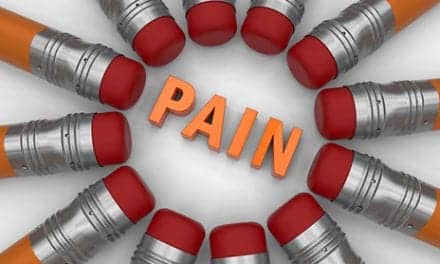“One’s life has value so long as one attributes value to the life of others, by means of love, friendship, indignation, and compassion.”
—Simone de Beauvoir (1908-1986), French author, existentialist
philosopher, public intellectual, and social theorist.

Rehabilitation professionals should be considered among the most respected individuals on the planet—right up there with neurosurgeons, philanthropists, and Mother Theresa. The passion, diligence, patience, and compassion most of these individuals bring into their physical medicine expertise help define a strength of character that is needed when helping others through what is often a difficult—if not the most difficult—period in their lives. On a personal note, rehabilitation professionals have long played an important role in the lives of my family and friends who have endured injuries and conditions that left them forever changed.
Recalling a few of these instances: When a severe stroke left my father with extensive damage to his brain’s temporal lobe, resulting in fluent aphasia, the dedication of a speech-language therapist helped him relearn most of his speaking abilities, enabling him to once more participate in simple conversation.
The following year, a dear friend was shot in the spine during a home-invasion robbery, leaving him a quadriplegic and paralyzed from the chest down. The tireless efforts of his occupational and physical therapy team enabled him to independently perform many ADLs (including driving), return to work, and oversee the Universal Design renovation of his home.
Finally, when my brother-in-law was in the military, he broke his neck in a diving accident. Diagnosed as an “incomplete, walking quadriplegic,” he spent a year in a Veterans Administration physical rehabilitation department. There, his therapists created a gentle strengthening regimen that he continues at home. This routine enables him to sometimes walk, assisted by a cane (when he is not using his ultra-lightweight wheelchair). It is through the continued efforts of his physical therapy team that he is able to live an independent and relatively active lifestyle.
So, to all rehab professionals—from the sports expert who helps strengthen and condition weekend warriors to prevent injuries from spontaneous backyard football scrimmages, to the pediatric specialist who builds a custom mobility device to enable a physically challenged child to experience the joy of independence, to the occupational therapist rehabbing severely injured military personnel—and everyone in-between—you are to be admired and commended for the perseverance, determination, and care each of you brings to your specific niche of physical rehabilitation.
My family thanks you.
—Rogena Schuyler Silverman




